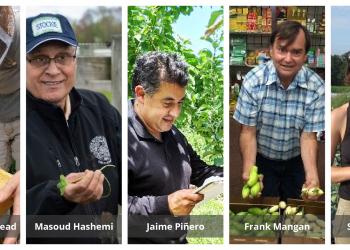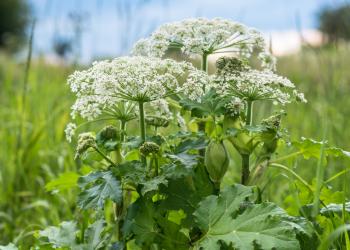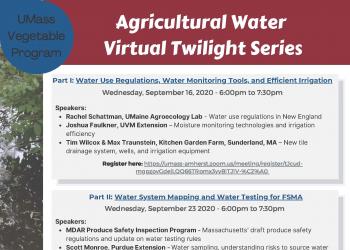Climate Change News
-
New England Vegetable & Fruit Conference
November 18, 2024 -
Catherine Coleman Flowers Keynote for Black History Month
February 14, 2024 -
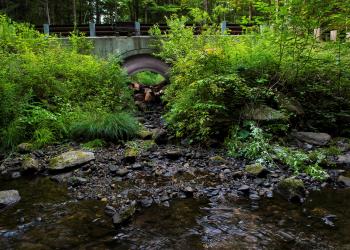
-
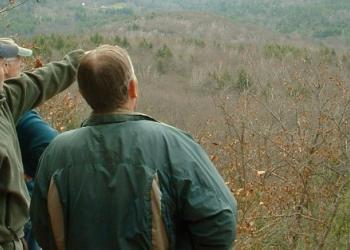
-
Twilight Meeting Series on Water Issues on the Farm Kicks off this Week
September 14, 2020 -
